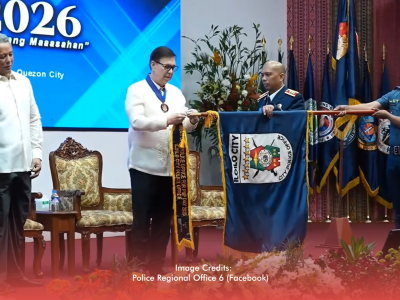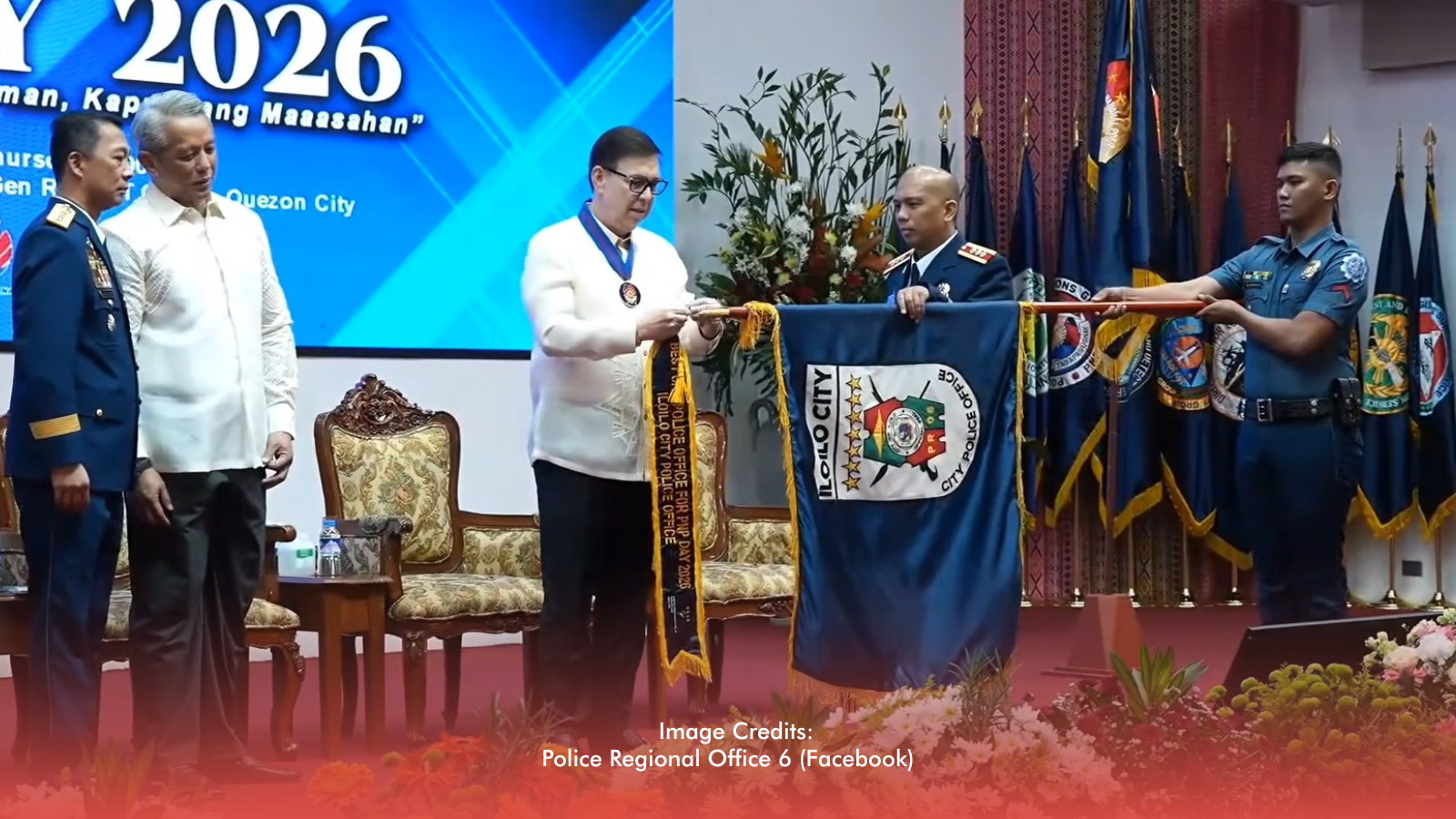The Department of Education (DepEd) will roll out a revised Senior High School (SHS) curriculum in 55 schools across Central Visayas (Region VII) for the school year 2025–2026. The pilot initiative aims to better prepare learners for employment, higher education, and entrepreneurship by streamlining the curriculum and enhancing practical learning opportunities.
The pilot run will take place from June 16, 2025, to March 31, 2026. From more than 125 applicant schools, 55 were selected based on early compliance with DepEd’s requirements. A nationwide rollout is planned for the following school year.
Changing the System
Among the biggest changes is the reduction of core subjects from 15 to 5, which include Effective Communication, Life Skills, General Mathematics, General Science, History and Filipino Society. The rest of the subjects will now be offered as electives, giving students more control over their learning tracks.
Work immersion hours will also significantly increase—from 80–120 hours to up to 320 or even 600 hours—addressing concerns from employers that SHS graduates were not adequately prepared for real-world work environments.
In addition, students enrolled in academic tracks can opt to take technical-vocational-livelihood (Tech-Voc) electives. These electives may lead to national certifications through the Technical Education and Skills Development Authority (TESDA), which is offering free assessments in collaboration with DepEd.
Fixing Curriculum Gaps
According to DepEd Region VII Director Salustiano Jimenez, the changes are meant to address the overly content-heavy structure of the old curriculum, which left little time for meaningful immersion or skills development.
The pilot also targets improvements in literacy. Central Visayas records a basic literacy rate of 95.7%, but functional literacy lags behind at 67.6%. To address this, DepEd is implementing school-based reading and comprehension programs alongside the curriculum changes.
DepEd is partnering with the Philippine Institute for Development Studies to evaluate the pilot program’s outcomes and determine further refinements before its national implementation.






